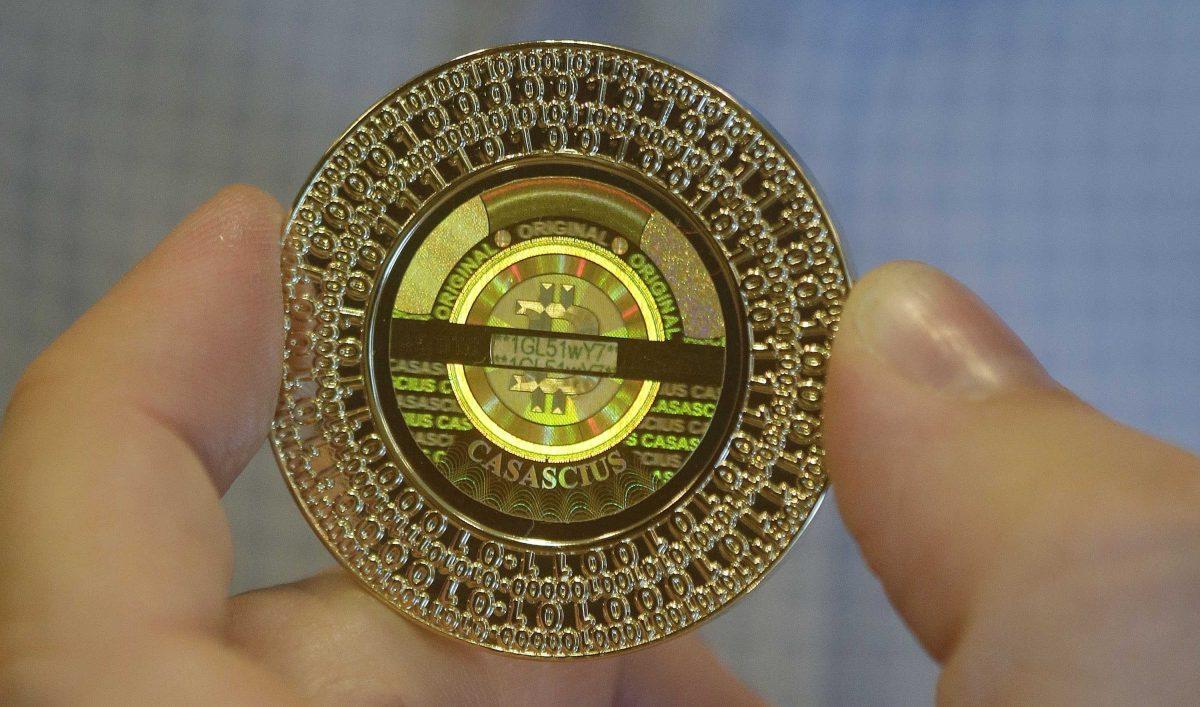“A global industry worth hundreds of billions of dollars rose up practically overnight. Now it is crashing down.” — The New York Times on June 14, 2022.
The cryptocurrency industry always seemed too good to be true and now we know that is true.
The newfound adopters consisting of sketchy characters and frat boys did not help the case of the nascent industry.
Bill Gates described cryptocurrency as “100% based on greater fool theory” which is the idea that you can buy overvalued assets and sell them for an even higher price to someone who is willing to make a dumber choice than you.
The debt of those fools, who sunk their savings into a glorified ponzi scheme for tech bros, has come home to roost.
One of the most dumbfounding aspects of these digital currencies is the extreme shifts in valuation, present even before this latest slump, which has been widely viewed as a rebuke of the idea that these currencies are worth anything, considering that they are not backed by anything of true value.
Jesse Powell, who is the Founder and CEO of one of the largest cryptocurrency exchanges — Kraken — recently said that women were “brainwashed” simply because they would rather choose $100—a real currency with guarantees—over an unproven cryptocurrency accepted at a fraction of retailers.
Seems he might be the one who is brainwashed considering that while layoffs are widespread in the cryptocurrency industry, Kraken is hiring for 500 additional roles.
Going headfirst into a sickly, unproven industry isn’t exactly the exercise of those with sound judgment and intellect.
The industry got what was coming for it, and for those that lost everything on this bet hoping to get ridiculous returns, I would remind you that no deal that sweet is going to last long.
The entire framework surrounding cryptocurrency was built for privacy and it has helped hackers and other tech-savvy criminals extract hundreds of millions from individuals and corporations across the world.
This is without mentioning the intense strain that the mining of the virtual coins places on our climate’s future due to its extremely high usage of electricity in hopes of being the next in line for a coin.
The computing power and eventually carbon footprint required to mine these coins in significant amounts is larger than the entire electrical consumption many countries and is not sustainable in the green economy that the world is increasingly moving to.
Good riddance to the currencies that were always too good to be true, I’m going to stick with my federally guaranteed dollar bills.
Charlie Stephens is a 21-year-old political communication senior from Baton Rouge







